The Future of Europe: Challenges and Opportunities
The European Union (EU) is at a point in time grappling with a range of difficulties that could undermine its cohesion and strength. Issues like conflict, migration and changing political dynamics are reshaping the scene. This article delves into the challenges confronting the EU highlighting the necessity for cooperation, in the market union while also supporting autonomy in migration decision making. Additionally we will explore the significance of competitiveness and how Europe can maneuver through its geopolitical landscape.
Table of Contents
- Political Challenges Facing the European Union
- The Case for a Stronger Market Union
- Migration Policy: A Call for Opt-Out Provisions
- Competitiveness: The Key to Europe’s Future
- Managing Conflict and Promoting Peace
- Creating a Global Framework for Peace
- Conclusion: The Path Forward for Europe
- FAQs
Political Challenges Facing the European Union
The European Union is currently facing a range of political obstacles that are, altering its structure. The ongoing conflict in Europe, rising migration pressures and societal changes related to gender and labor are prominent among these challenges. Each of these factors presents threats, to the unity and functionality of the EU.

War in Europe
The ongoing conflict in Europe is impacting not the people but also the political landscape. The European Union, which was established as a peace initiative now confronts the harsh truth of armed conflict on its soil. This circumstance calls for a reconsideration of its approaches and actions.
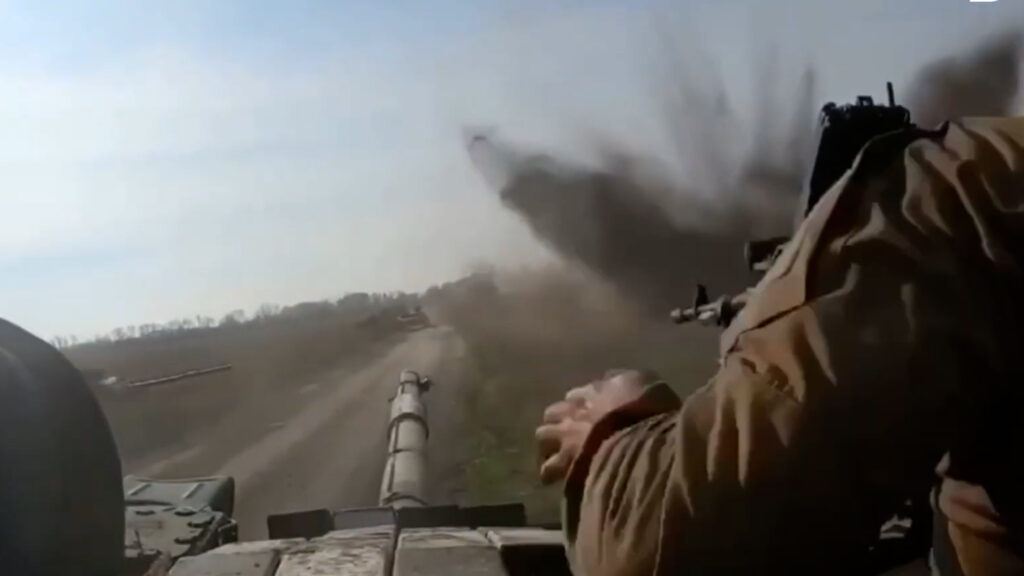
Migration Issues
The issue of migration has sparked debate, among EU member states. Citizens are expressing feelings of being overwhelmed by the arrival of migrants which is causing a sense of disconnection in their communities. The belief that the EU is not addressing this problem effectively is intensifying the situation. There is a growing demand for increased control, over immigration policies as people urge their governments to play a more active role in managing migration.

The Case for a Stronger Market Union
Given these obstacles experts believe that enhanced collaboration, in the market union is crucial. Unlike a union, which some argue could impede competitiveness an emphasis on the market union can promote economic strength and flexibility. By emphasizing partnership the EU can effectively address challenges and meet internal needs.
National Sovereignty vs. Political Union
The ongoing discussion about the balance between political unity and national independence is intense. There are those who believe that countries should have the freedom to make their choices, especially when it comes to immigration. Theres a feeling that imposing a migration policy could result in more fragmentation than cohesion.
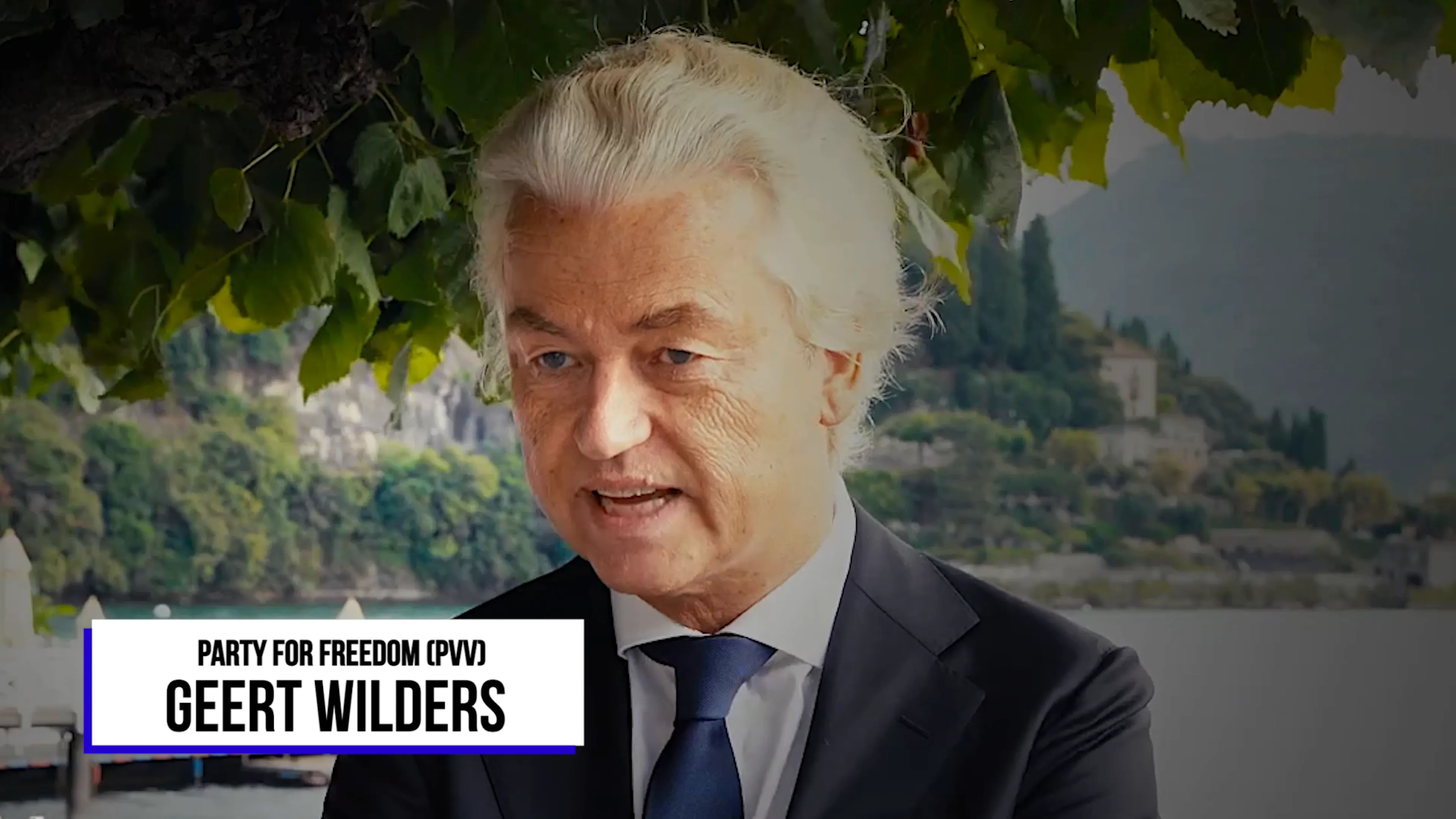
Migration Policy: A Call for Opt-Out Provisions
A suggestion has been made to tackle the challenges of migration by offering countries the option to opt out of a shared migration policy. This would give nations the flexibility to manage their borders and immigration procedures, which could help ease tensions within the EU.
Challenges of Unifying Diverse Political Opinions
Bringing together different political groups in the EU is a challenging job. Disagreements, on migration and other issues make it hard to find common ground. To reach an agreement. Member countries need to be willing to make compromises and work together.
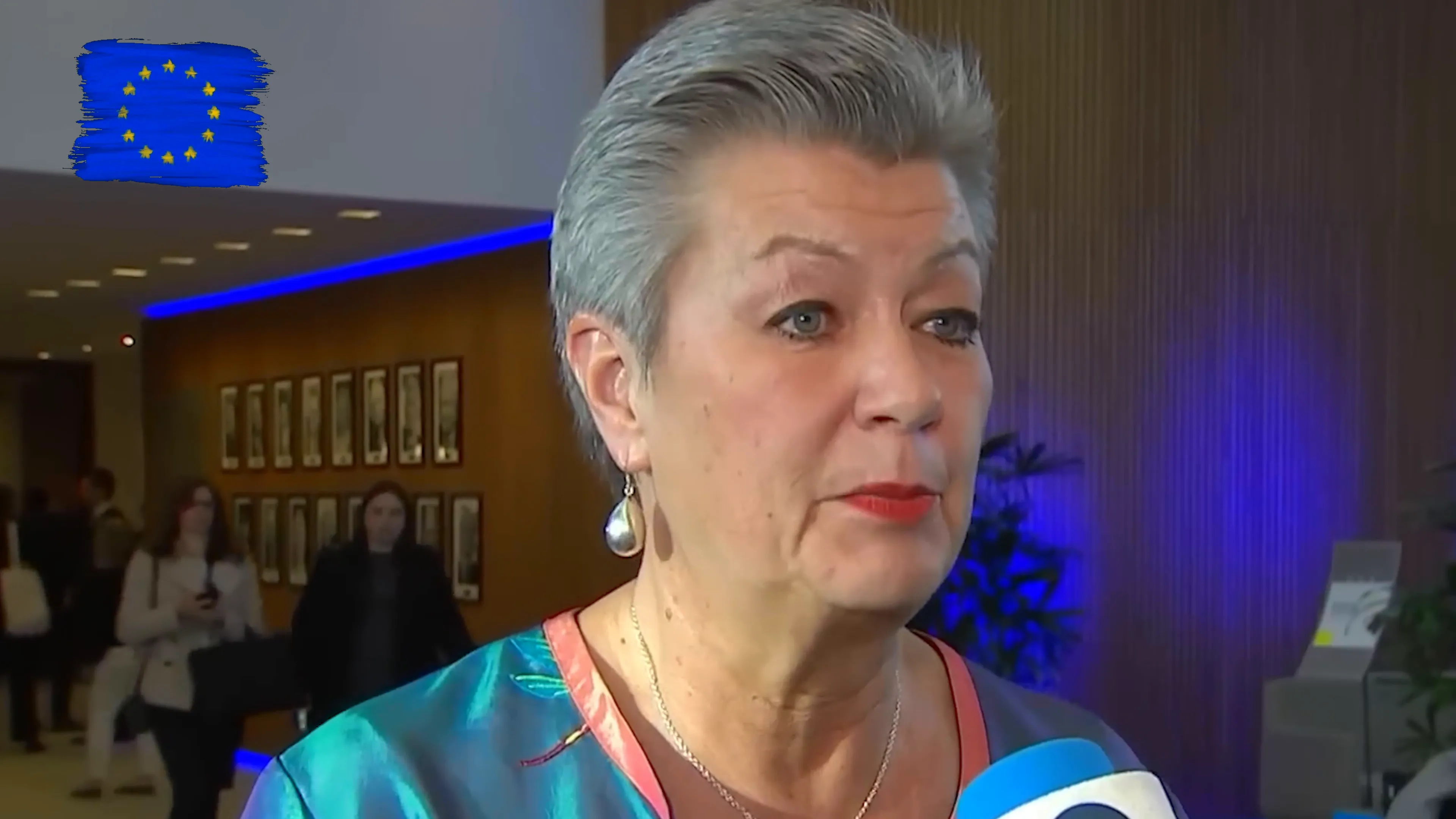
Competitiveness: The Key to Europe’s Future
For the EU to thrive and progress, in a globalized environment its crucial to prioritize aspects that boost competitiveness. This involves reevaluating the Green Deal streamlining regulations and fostering an appealing atmosphere for investments.
Reconsidering the Green Deal
Some critics believe that the current Green Deal doesn’t support the business sectors. It’s important to reassess its impact to ensure it reflects the challenges faced by European businesses. A more balanced strategy could encourage innovation while upholding environmental promises.

Reducing Bureaucracy
The bureaucratic processes of the EU are perceived as inefficient and hindering progress. Simplifying these procedures can improve efficiency and attract investment in Europe. An adaptable bureaucracy is essential, for promoting a thriving business landscape.
Attracting Investments Back to Europe
In order to regain its edge Europe needs to establish an environment that attracts both local and international investors. Presently there are indications of European businesses seeking opportunities overseas underscoring the urgency for changes that position Europe as a favorable investment hub.
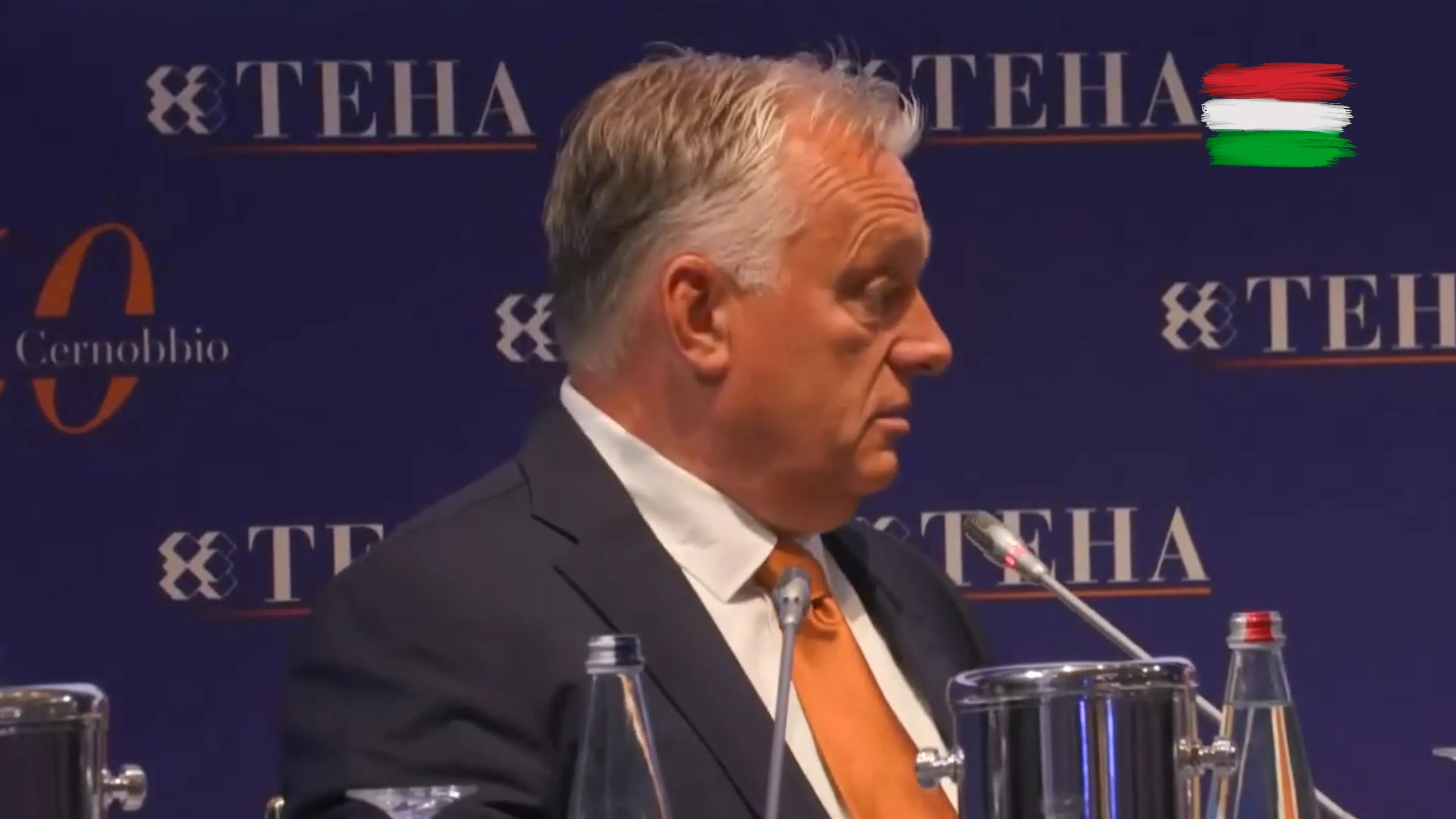
Managing Conflict and Promoting Peace
In situations, the importance of communication channels cannot be overstated. The absence of dialogue, especially with Russia, presents challenges to achieving peace. Starting discussions and implementing ceasefires are crucial measures for conflict resolution.

The Importance of Communication in Conflict Resolution
The key to resolving conflicts lies in communication. Throughout history wars have seldom concluded without conversations between the parties involved. Its crucial to engage in talks with both Ukraine and Russia to promote understanding and seek areas of agreement.
Ceasefire as a Precursor to Peace
Before a peace agreement can be put into action a truce needs to be reached. The sequence of steps in resolving conflicts is important. Communication should come before talks about a ceasefire and those discussions should then pave the way for negotiations on a peace agreement.
Creating a Global Framework for Peace
In order to attain enduring tranquility a thorough global structure needs to be put in place. This structure should encompass stakeholders from around the world guaranteeing a shared dedication, to peace. Forming an alliance of countries focused on peace can offer the assistance required to achieve stability.
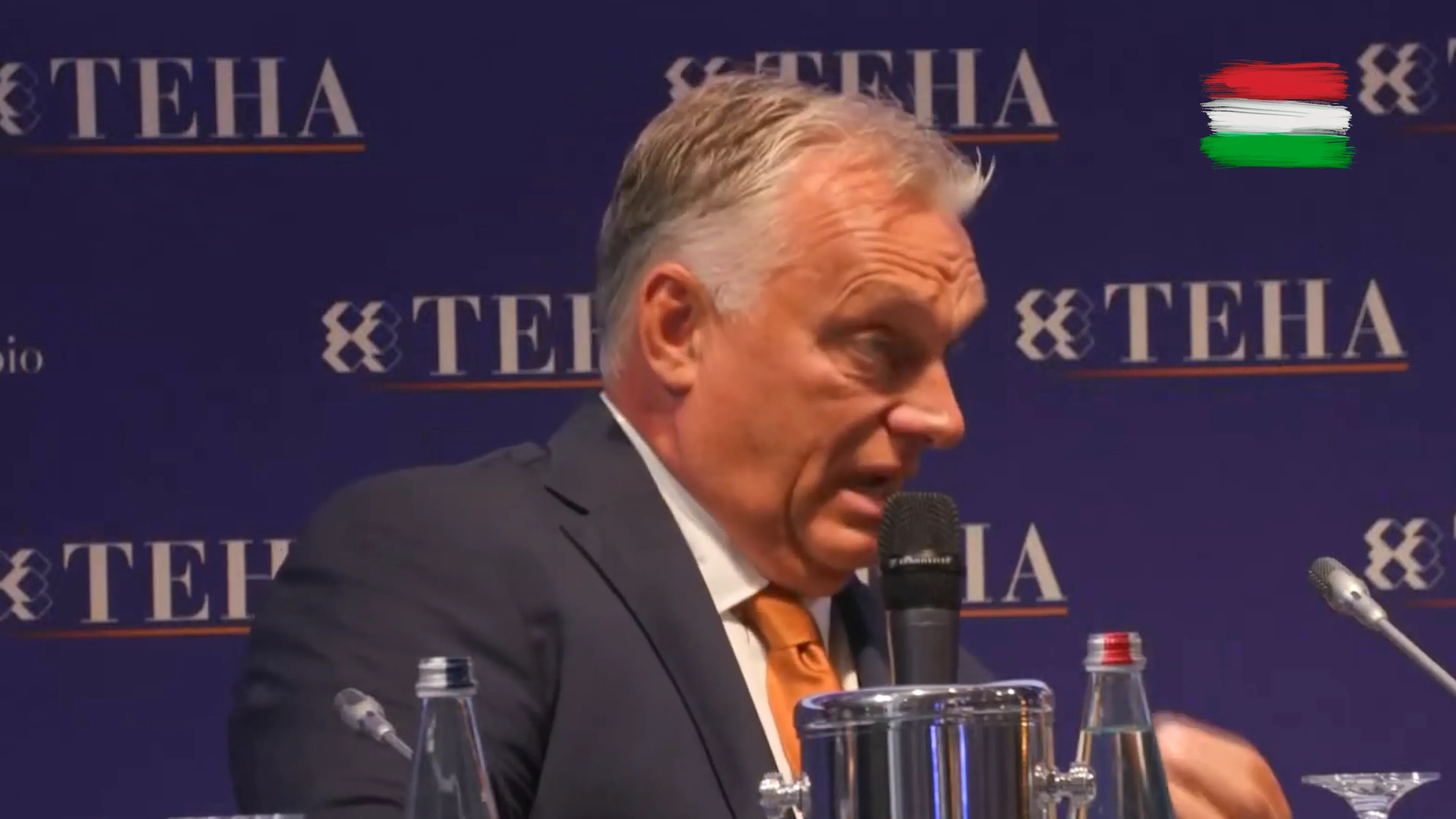
Conclusion: The Path Forward for Europe
The European Union is at a point of decision, facing obstacles that jeopardize its unity and functionality. To weather these periods the EU should focus on collaboration, support for sovereignty boost competitiveness and promote dialogue. Moving ahead demands bravery teamwork and dedication to the values that form the foundation of the European endeavor.
FAQs
- What are the main challenges facing the EU today? The European Union is dealing with issues, like conflicts that persist, the influx of migrants and the necessity to stay economically competitive.
- Why is a stronger market union important? A more robust market union has the potential to boost economic resilience and flexibility, vital for the EU’s edge on the stage.
- How can the EU address migration issues effectively? Incorporating options for countries that wish to oversee their immigration policies could be a solution to these challenges.
- What role does communication play in conflict resolution? Effective dialogue plays a role, in peace talks as it promotes empathy and aids in reaching agreements for a ceasefire.
- How can Europe attract more investments? Europe has the opportunity to attract both foreign investments by fostering a investment environment and streamlining processes.
